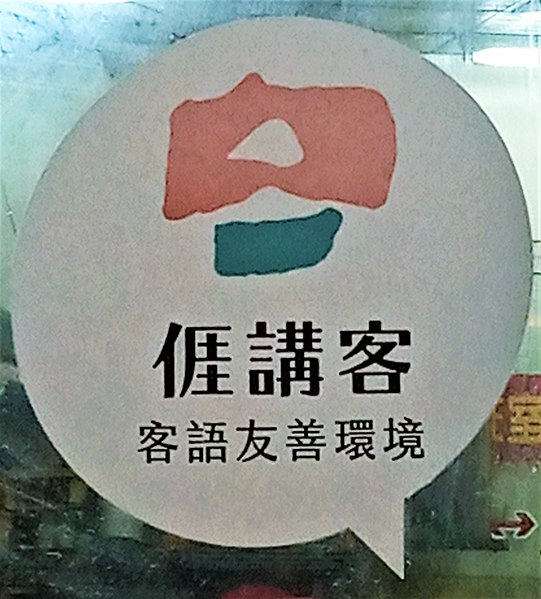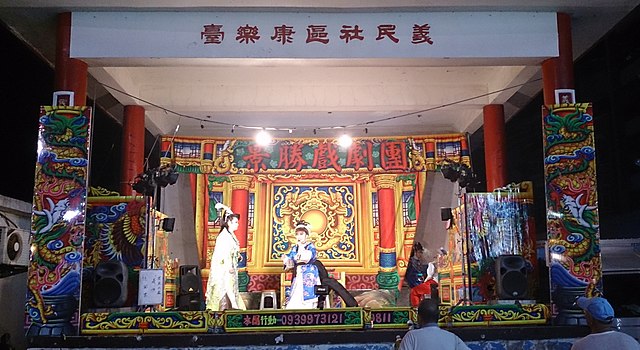Hakka cuisine is the cooking style of the Hakka people, and it may also be found in parts of Taiwan and in countries with significant overseas Hakka communities. There are numerous restaurants in Mainland China, Taiwan, Hong Kong, Indonesia, Malaysia, Singapore, India, Thailand, Canada, and the United States serving Hakka cuisine. Hakka cuisine was listed in 2014 on the first Hong Kong Inventory of Intangible Cultural Heritage.
Abacus beads (算盘子), a well-known Hakka dish
Image: Suan Pan Zi
Image: Knyuk
Image: Ntofu
The Hakka, sometimes also referred to as Hakka Han, or Hakka Chinese, or Hakkas, are a Han Chinese subgroup whose ancestral homes are chiefly in the Hakka Chinese-speaking areas of Guangdong, Fujian, Jiangxi, Guangxi, Sichuan, Hunan, Zhejiang, Hainan, and Guizhou in China, as well as in Taoyuan City, Hsinchu County, Miaoli County, Pingtung County, and Kaohsiung City in Taiwan. Unlike other Han Chinese subgroups, the Hakkas are not named after a geographical region, e.g. a province, county or city, in China. That is because their origins were of northern Chinese refugees fleeing social unrest, upheaval and invasions throughout the northern parts of China throughout history who then sought sanctuary in the south where the Cantonese-speaking provinces such as Guangdong and Guangxi are. The Chinese characters for Hakka literally mean "guest families". The word is Cantonese in origin and as the name implies, they are the guest of the Cantonese people. Over the centuries though, they have since more or less assimilated with the Cantonese-speaking population. Modern day Hakka are generally identified by both full Hakka and by different degrees of Hakka ancestry and usually speak Hakka Chinese.

Hakka peasants wearing Hanfu during Ming dynasty, as depicted in the Boxer Codex (1590)
Hakka Chinese sign
Taiwanese Hakka opera at the Ghost Festival
Hakkapop festival







